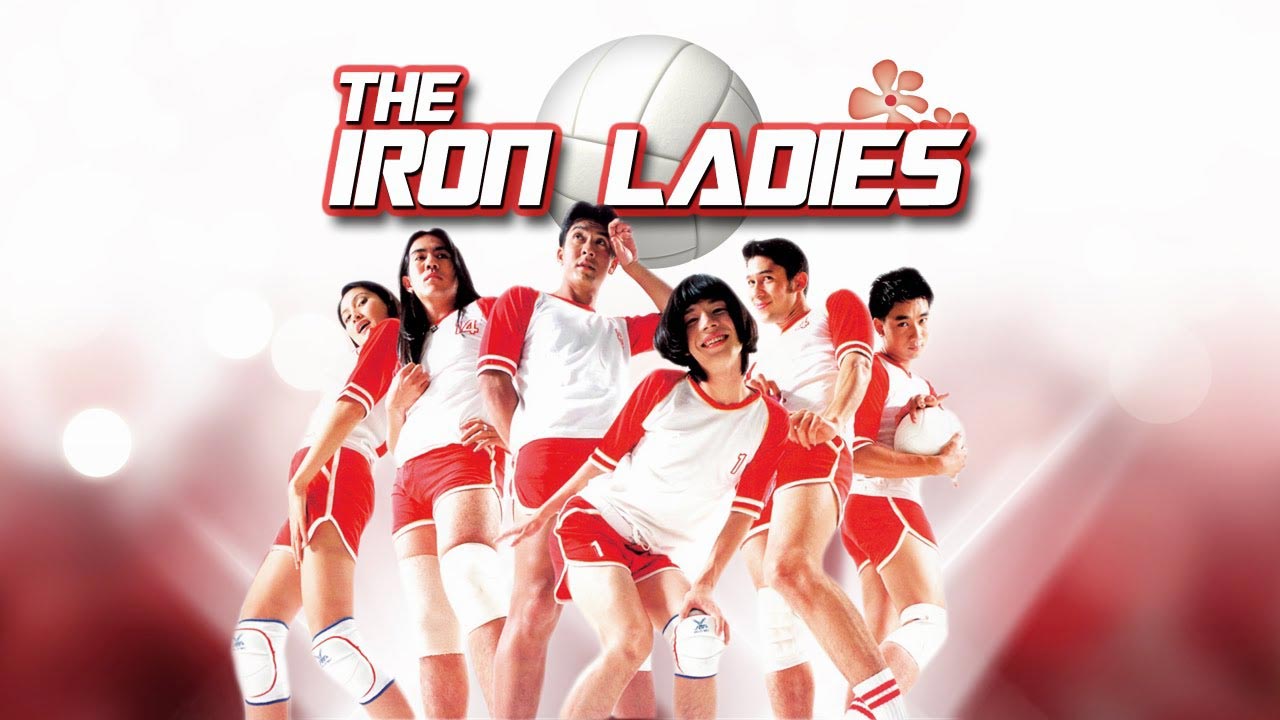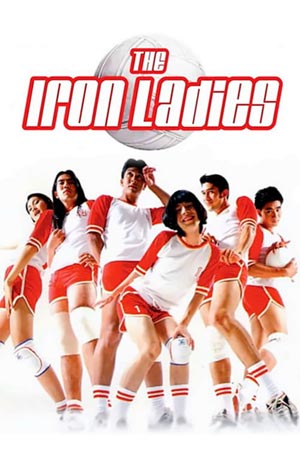“The Iron Ladies,” a Thai comedy film directed by Youngyooth Thongkonthun and written by Visuttchai Boonyakarnjawa and Jira Maligool, catapults audiences into the inspiring true story of a men’s volleyball team that defies societal norms, challenging stereotypes and celebrating diversity. Set in 1996, the film follows the journey of a team mainly comprised of transvestites, transsexuals, and homosexuals from the northern Thai city of Lampang.
The two central characters, Mon (Sahaphap Tor) and Jung (Chaicharn Nimpulsawasdi), are gay transvestites who join the local volleyball team, leading to the resignation of most of the existing players. Their inclusion prompts the formation of a new team, coached by Coach Bee (Shiriohana Hongsopon). Mon and Jung then recruit a diverse group of friends, including Wit (Ekachai Buranapanit), who hasn’t disclosed his sexuality to his fiancée, Pia (Kokkorn Benjathikoon), a transsexual dancer, and Nong (Giorgio Maiocchi), a gay army officer.
The film unfolds with humor, heart, and a compelling narrative, capturing the essence of the team’s struggle against societal prejudice. As the competitions begin, the team, nicknamed “The Iron Ladies,” faces opposition from match officials intending to ban them due to their appearance on the court. However, the team’s popularity among the crowd gradually changes perceptions, making them unlikely heroes.
The cast, including Jesdaporn Pholdee as Chai and other talented actors like Phomsit Sitthijamroenkhun, Sutthipong Sitthijamroenkhun, and Anucha Chatkaew, delivers stellar performances that contribute to the film’s success. Each character adds a layer to the narrative, portraying the resilience and strength of individuals who challenge societal expectations.
“The Iron Ladies” became a cultural phenomenon in Thailand and achieved international acclaim, winning numerous awards at film festivals, including the Thailand National Film Association Awards, Toronto International Film Festival, and the Berlin International Film Festival. Its universal themes of acceptance, diversity, and the courage to challenge norms resonated with audiences worldwide.
The film’s impact goes beyond entertainment; it serves as a powerful message of inclusivity and acceptance. The success of “The Iron Ladies” led to a sequel and prequel, further solidifying its place in cinema history. As a landmark in Thai cinema, the film stands as a testament to the power of storytelling in promoting understanding and breaking down barriers. “The Iron Ladies” remains a timeless celebration of the human spirit and the triumph of diversity.



















